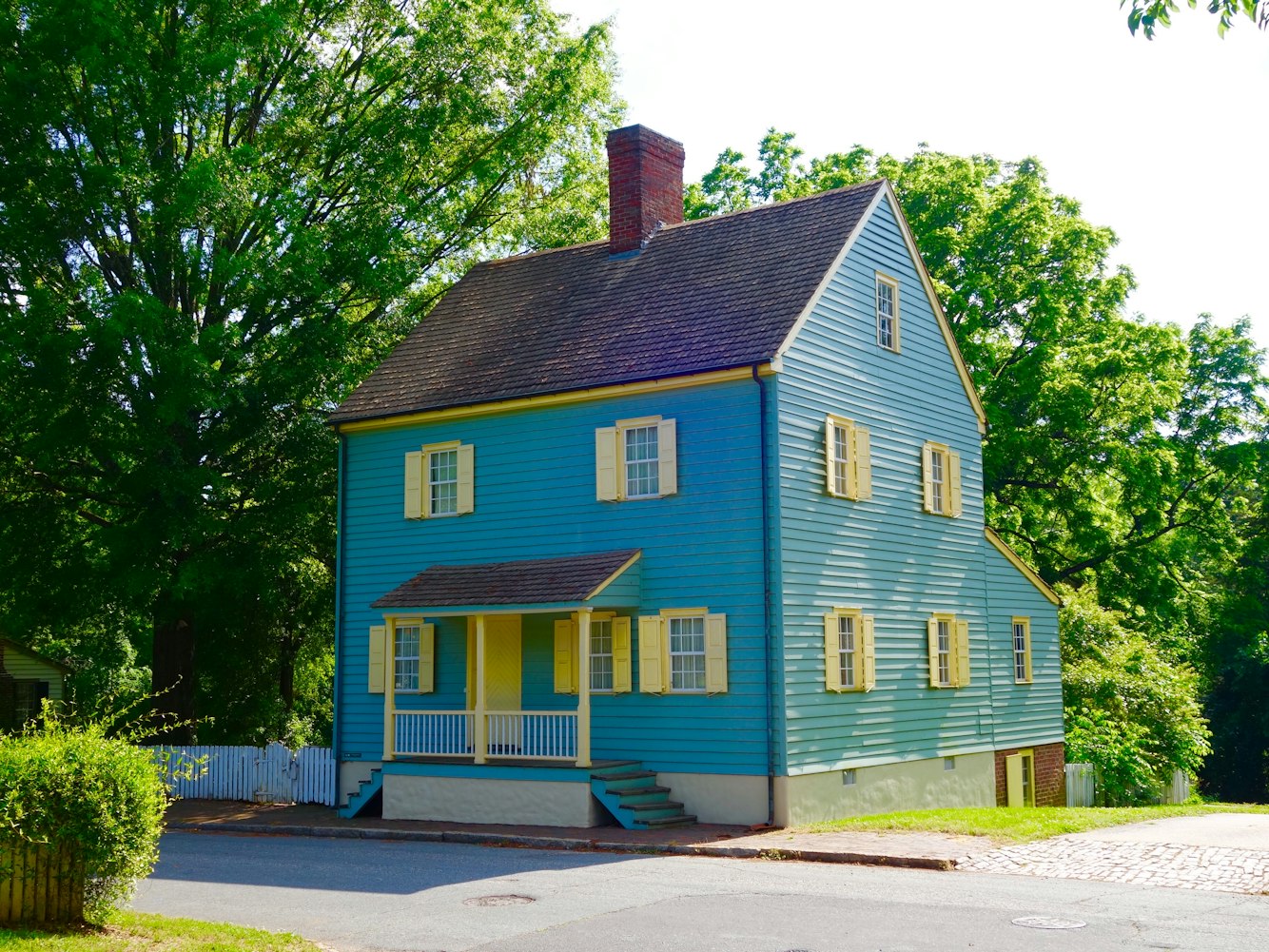By Ankit Vora
Did you know that the average roof replacement cost stands at a massive $7,336?
And let’s just admit it. Most of the Americans out there don’t have such a huge amount of money up their sleeves.
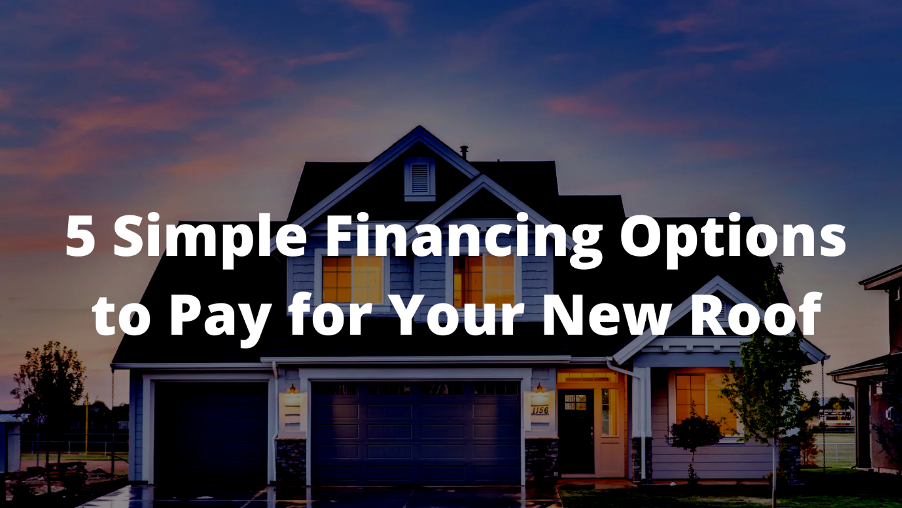
So, the question is,
“Should you just delay or cancel your roof replacement plan?”
Definitely not!
Roof replacement is one of the most significant investments.
And the good news is that there are tons of financing options for your roof you’ll come across that you can opt for and not be worried about breaking the bank, shingle by shingle.
And that’s exactly what we will be taking a look at here.

In this blog post, we will be taking a look at the 5 simple financing options that you can opt for in order to pay for your new roof.
Let’s dive in.
5 Roof Financing Options to Pay for Your New Roof
Roof replacement is definitely expensive.
But there are tons of financing options out there that’ll financing your roof much more affordable.
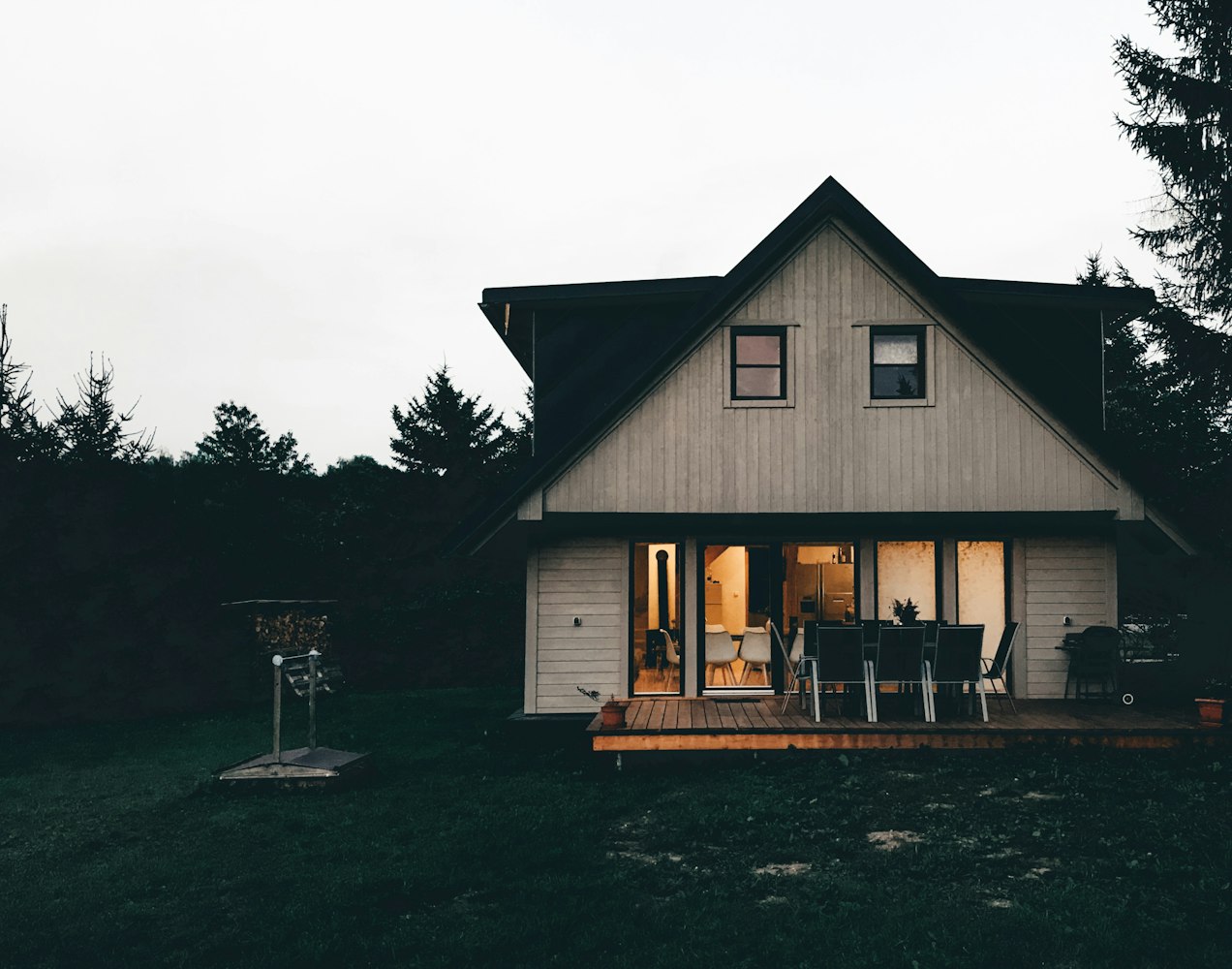
Listed below are five of them:
• Insurance Coverage
• Home Equity Loan
• Roofing Company Payment Plans
• FHA Title I Home & Property Improvement Loan
• Personal Loan
Let’s take a look at each of them one at a time.
Insurance Coverage
The good news is that you can simply use your homeowners’ insurance policy in order to cover your roof replacement costs. But that’s only if you have one.

Most of the homeowners’ insurance policies already cover roof replacement as well as repairs. However, in most cases, your claim will only be approved if the reason behind the damage was a storm, theft, or maybe fire.
In case your roof degraded as a result of lack of maintenance or age, then your homeowners’ insurance company will not be covering the roof repair or replacement costs.
All you need to do is to get in touch with your agent in order to discuss further details about your policy and have a better understanding of whether your policy will be covering the costs or not.
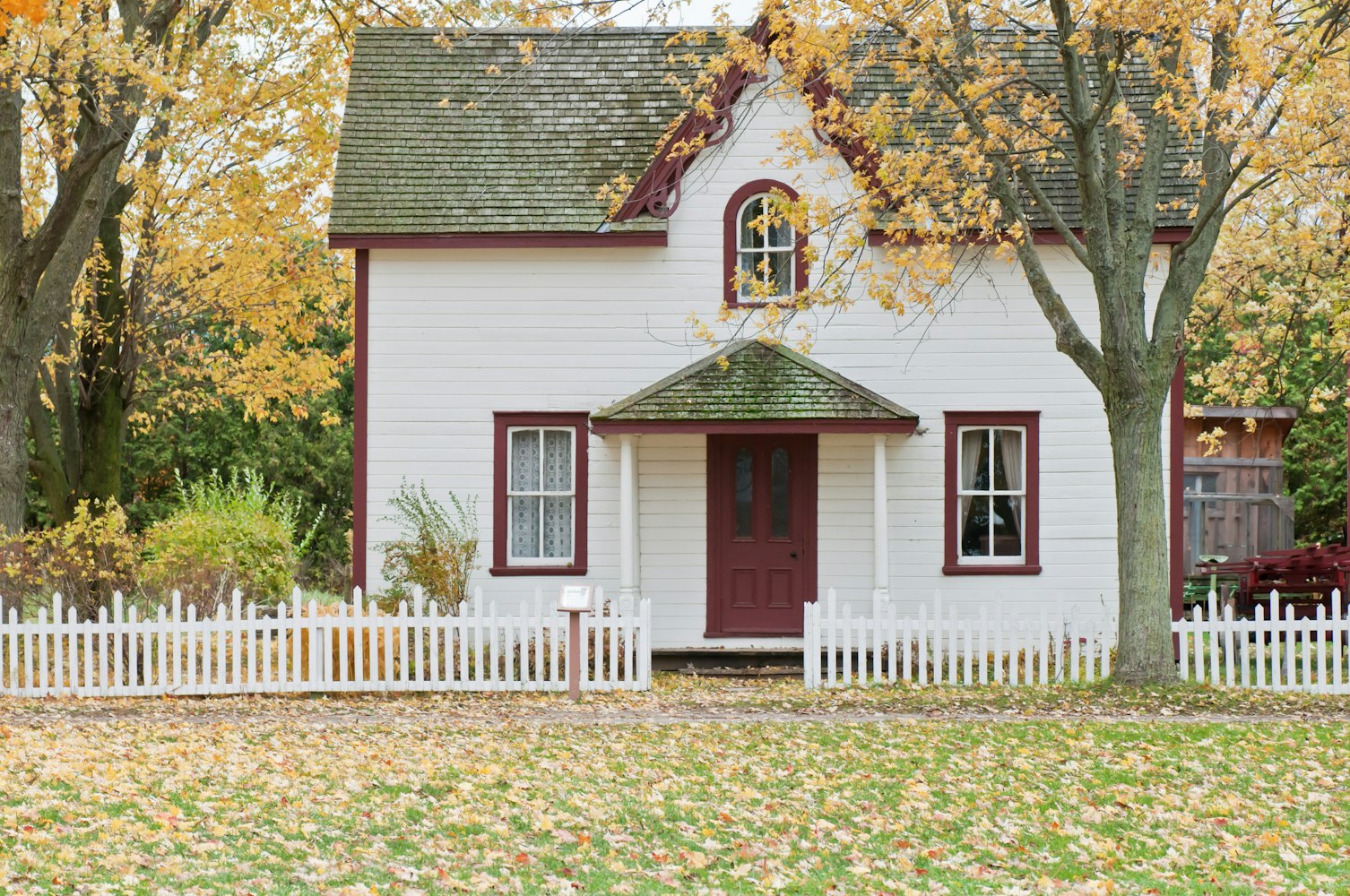
Home Equity Loan
Got equity built up in your house?
In that case, you can simply apply for a home equity loan.
One of the reasons I’d advise you to go with this option is that it’s cost-effective.
You work with a financial institution or bank and utilize your houses' equity as collateral for a loan.
You might be thinking, “What’s your home equity?”

It’s your home’s current value minus the sum of money you owe on the mortgage.
Let’s consider an example.
Let’s just assume that your home’s current value is $400,000. And the sum of money you owe is $200,000.
In this case, your home equity is,
$400,000 - $200,000 = $200,000
And the thing is, you can borrow up to about 85% of the home’s equity.

What this means it that you will be able to borrow,
85% * $200,000 = $170,000
But wait, it’s not all sunshine and rainbows.
There are a few downsides that you should know about.
As your home equity's collateral, you will be subject to strict consequences if you don't pay on time.
And the scary thing is, you might even be on the verge of losing your home.
That’s the reason I’d advise you to borrow only a small amount of money to cover your roof repair or replacement costs. On top of this, never miss out on your monthly payments.

Roofing Company Payment Plans
There are tons of roofers out there who’d love nothing more than offering you a payment plan in order to help you cover the roof replacement costs.
You can apply for any one of the options provided by them and spread out the payments over the course of the next few months or maybe years.

Most plans will charge you a fixed percentage of interest.
Add this to your total roof replacement costs and ask yourself:
“Will I be comfortable paying the interest rates and the monthly payments?”
If the answer’s yes, go for it.
Try get in touch with different roofers, analyze each of their plans, interest rates, and requirements.
Once you have everything figured out, you may finalize the roofing company you’d like to go with.
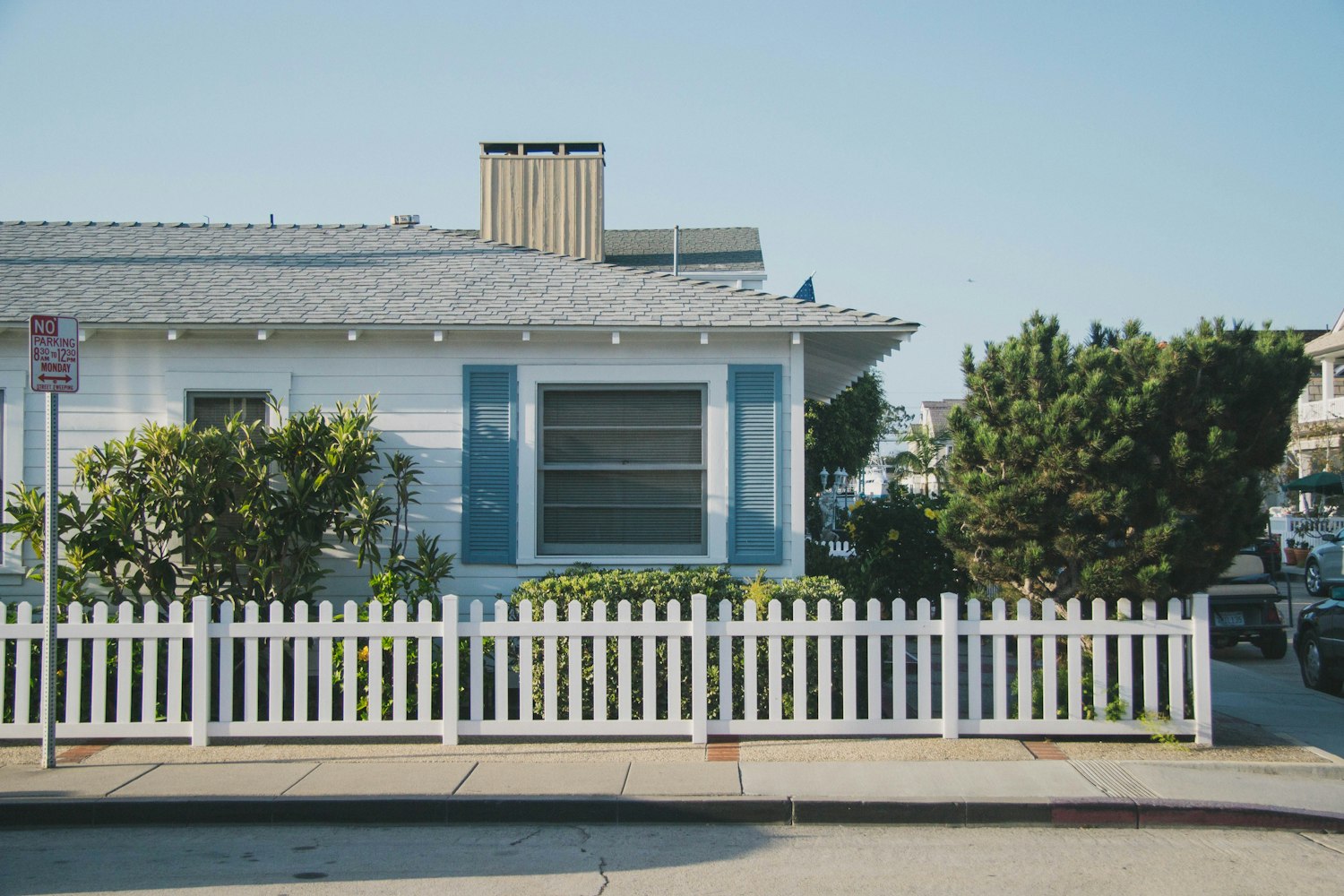
FHA Title I Home & Property Improvement Loan
Another option is to go for a Title I Home & Property Improvement Loan.
It's run by the Federal Housing Administration (FHA) and they are responsible for insuring the loan, in turn reducing the risks lenders face.
You can borrow up to about $25,000 upon owning a single-family home under the Title I Program. And the good news is that you will have 20 years to pay all of it off.
The one thing you should keep in mind is that the loans exceeding $7,500 should be secured by either the mortgage or the deed of trust on the property.
In case you fall behind on your payments, the lender holds the right to seize your assets.
Banks and credit unions are responsible for offering title I loans. Different lenders have different interest rates as well as requirements.
Hence, it’s advisable to get in touch with different financial institutions to have a better understanding.

Personal Loan
Weren’t interested in any of the above options?
You may always go for a personal loan.
With a personal loan, you will be working with a credit union, bank, or any other financial institution to borrow up to about $100,000.
No form of collateral is required. Hence, your home as well as other valuables aren’t at risk.
Some of the downsides of applying for a personal loan are:
• Shorter Term Loans: Most personal loans have to be repaid within a period of 2-5 years. What this means is that you’ll be subject to higher monthly payments. And this might put huge stress on your pockets.
• Higher Interest Rates: With personal loans, you will be subject to higher interest rates. Hence, it’s advisable to work on your credit score, as might have a huge impact on your interest rates.
